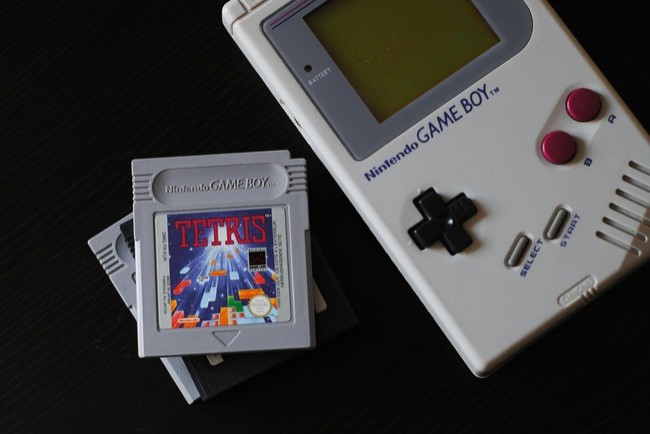
Following Apple's recent update of App Review Guidelines around emulating retro game consoles, iPhone users worldwide can enjoy iGBA - iPhone's Game Boy emulator. This emulator has gained its position in the top free apps on the App Store charts quite quickly, and it runs both Game Boy and Game Boy Color games with the addition of Game Boy Advance games.
Unveiling iGBA: A Gateway to Retro Gaming
The arrival of iGBA marks a significant shift in Apple's stance on emulator apps, previously banned from the App Store. With iGBA, users can load Game Boy ROMs downloaded from the web via the Files app on their iPhones, granting access to a vast library of classic games.
Despite the excitement surrounding iGBA's launch, questions about its legitimacy and adherence to copyright laws linger. Developer Riley Testut has raised concerns about iGBA being an unauthorized clone of his open-source GBA4iOS emulator, a project developed over a decade ago. Apple has since removed iGBA from the App Store for violating copyright and spam regulations.
Navigating Legal and Technical Challenges
Though retro gaming lovers now have more options thanks to emulators like iGBA, legal concerns still take precedence. Developers must exercise caution when working with emulators since they are accountable for ensuring that license agreements and intellectual property rules are followed.
Technical concerns like software authenticity and data protection also complicate the emulator market. Users should carefully review privacy policies before installing iGBA's app after the App Store listing brought up fears of data gathering techniques.
Furthermore, the prevalence of unapproved clones emphasizes how crucial regulatory oversight and app vetting are.
The Changing Landscape of App Distribution
Apple's plan to let emulator applications interpret is the foretaste of a broader transformation of the mobile software environment under intense regulation and public opinion for behavioral change in this domain. Although Apple's App Store has had strict distribution guidelines in the past, in recent times, a more open attitude might be a careful approach.
The rise of the alternative application niches (eg. AltStore) demonstrates the changing relationships between operators and developers who need more opportunities for flexibility. However, there are still complexities that developers must deal with, like technological and regulatory obstacles, to ensure compliance and protect user data.
Opportunities and Challenges
With the ongoing saga centering on emulator apps, all parties involved should be on guard for anything that may affect them either ethically or legally. On the one hand, the loosening of Apple's restrictions provides developers with new avenues to demonstrate their skills and creativity while, at the same time, giving rise to concerns regarding responsibility and openness in the software development process.
In the end, the success of iGBA emulator apps lies in finding a balance between three vital aspects of business life: regulatory compliance, user trust, and technology innovation. By creating an atmosphere of a well-defined programming policy and an organized process of app distribution, Apple and other platform owners can spawn a robust ecosystem valuable to developers and users alike.
© Copyright 2025 Mobile & Apps, All rights reserved. Do not reproduce without permission.














